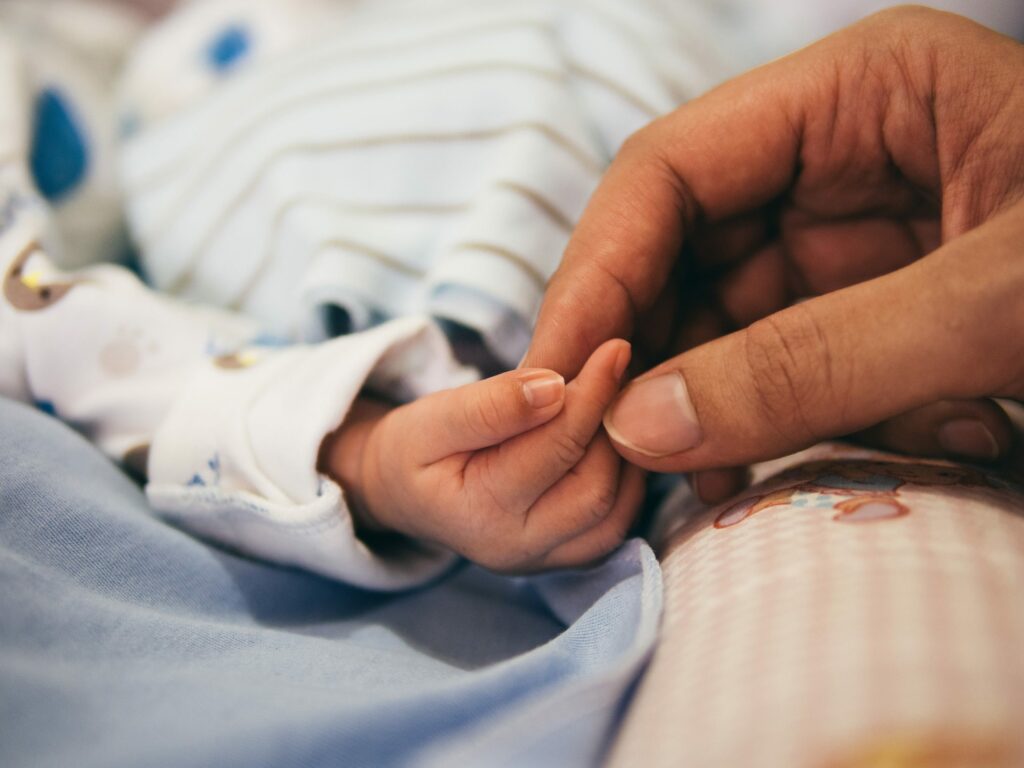Late last month, we received a denial of a Humanitarian Deferred Action request and it’s left me questioning the humanity of USCIS. Yes, I know I question their decisions and their motivations a lot, but even though things have gotten more difficult, we were still getting approvals on good, solid cases. I also know that Humanitarian Deferred Action is completely discretionary – that an officer makes a decision based on their “gut.” There is no right to Humanitarian Deferred Action, but it’s been a great tool when absolutely no other type of relief was available to a family with an extreme need.
In this case, our client – we’ll call her Samantha – came to the United States without permission in 1997. She fled Central America’s increasing violence and poverty. Samantha now has three U.S. citizen children and is a single mother. She cleans houses and does what she can to provide for her children and to be a good role model for them.
One of her children, Ruby, is now ten years old. She has had major health issues since before she was born. She was diagnosed with a congenital heart condition while still in the womb. After she was born, she was diagnosed with epilepsy and cerebral palsy. A few years later, she was also diagnosed with autism and hearing loss. Ruby cannot use the toilet on her own, she cannot put together more than a few words at a time.
In 2016, Samantha applied for and was granted Humanitarian Deferred Action. This meant that she could obtain a work permit, a driver’s license, and live without fear of removal. She could be a more effective caregiver and mother. To say that the grant was a game-changer is an understatement. However, the grant was only for two years.
In April 2018, we reapplied for Humanitarian Deferred Action. Ruby’s development and health remain mostly unchanged, though, with a specialized training program, there were improvements in her speech and motor skills. More than a year passed and we heard nothing. In May 2019, we resubmitted the request. Less than three weeks after resubmitting, we received a denial letter.
The denial is short and offers no insight – only “We have carefully considered your request and we are not able to extend deferred action to you at this time.” Why were Ruby’s medical conditions sufficient for a grant in 2016, but not in 2019? Samantha has no arrests and only wants to provide the best care for her U.S. citizen child. USCIS, though, has refused to grant Samantha an extension of Humanitarian Deferred Action and this will not only devastate Samantha but her entire family.
I often think that USCIS can’t get any worse…and then something like this happens. We won’t give up, though. We will continue to fight for Samantha, Ruby and all of our deserving clients who are only asking for a chance to do things right.


